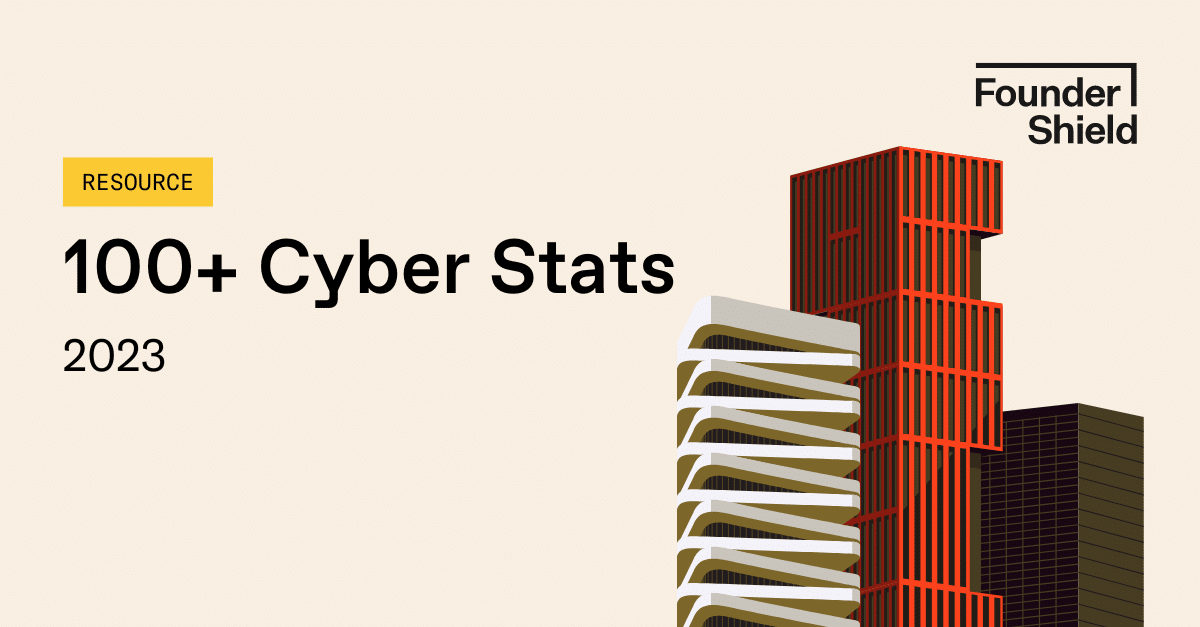Key Takeaways
After 2021 broke almost every record possible in the venture capital (VC) funding space, the 2022 slowdown wasn’t a surprise. Persistent inflation, rising geopolitical tension, and the crypto collapse were some of the factors influencing the bear market that followed 2021.
Residual capital from 2021 helped investors save enough dry powder to keep going in 2022 — but at a slow pace. However, as the market weakened even more in Q1 2023, many believe investors will spend more conservatively while waiting for deal values to decrease.
Early Stage VC firms, particularly those investing in startups during their early phases of development, are keeping a close eye on market trends and adjusting their strategies accordingly. With the changing landscape, startups seeking funding should be aware of the shifting investor sentiments.
Nonetheless, this shouldn’t discourage founders. 2023 is expected to return startup funding to normal, and the ups and downs of the past year won’t repeat themselves too soon.
For a clearer picture of the VC funding scene, we’ve compiled 100 stats to inform startup founders about where investors stand and where to set their sights for 2023.
De-Risk the Fundraising Journey










